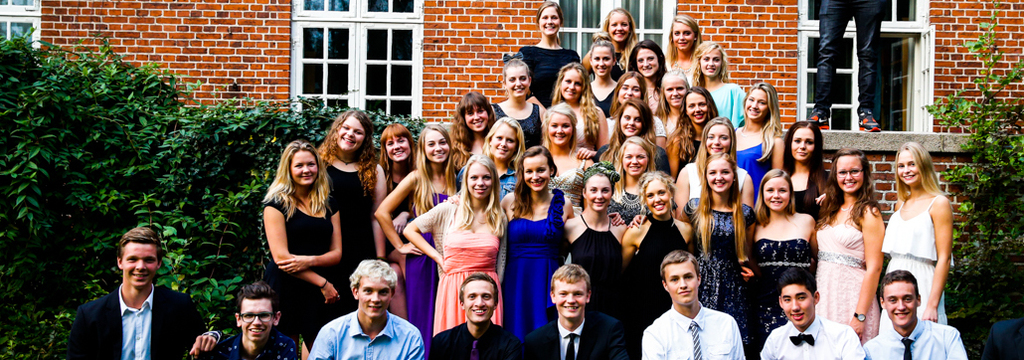Recognition of Study Abroad
The issue
Learning mobility at a young age helps young people obtain basic life skills and transversal competences, such as problem-solving, creativity and initiative, necessary for their personal development, future employment and active EU citizenship.
Nevertheless, the school period spent abroad is not recognised in many European Member States, especially if this does not result in a school diploma or qualification. As a result, the large majority of pupils who go to study in another EU country need to attend one or more additional years of school, once back in their home country.
Lack of recognition is a great barrier to pupil mobility: students and their parents are afraid of ‘losing a year’ and falling behind, and teachers and heads of schools often discourage students’ participation in study abroad programmes.
What we call for
EEE-YFU calls on European Institutions to address this matter and set guidelines to facilitate recognition across European countries, in view of creating a European Educational Area where learning, studying and researching will not be hampered by borders.
EEE-YFU calls for a recognition system that covers also recognition of study periods abroad that do not result in school diplomas and based on the principle of mutual recognition rather than on a complicated credits’ system, like in the Bologna process. The Italian and the Austrian systems of automatic recognition should be seen as successful examples, yet recognising the specificities of the different national educational systems and cultures.
Our campaign
Since 2016, EEE-YFU has run the campaign #RecogniseStudyAbroad, together with our partners EFIL, OBESSU, EUROCLIO, EPA, and KeyCoNet and with the support of the European Parliament Youth Intergroup.
The objective of the #RecogniseStudyAbroad campaign is to raise awareness among policy-makers and educational stakeholders about the lack of recognition of long-term school mobility, and create changes by promoting concrete policy-solutions.
